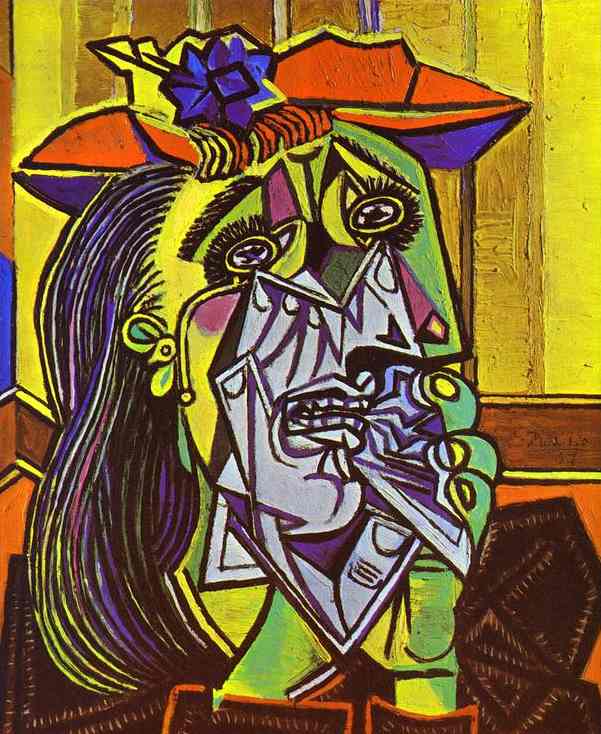1. What is your view of human nature? Are people inherently good or evil? How does your view of human nature affect your relationships with others, including how you will manage and lead them? How does Machiavelli view human nature?
2. Machiavelli makes the point that leadership (and perhaps great leadership) occurs when conditions are such that great leadership is necessary. Do aspiring leaders need a crisis to shine?
3. On change, Machiavelli says:
"nothing is more difficult to handle, more doubtful of success, nor more dangerous to manage, than to put oneself at the head of introducing new orders. For the introducer has all those who benefit from the old orders as enemies, and he has lukewarm defenders in all those who might benefit from the new orders". Why, when making a change, are some enemies and some only lukewarm supporters? Why does the leader require force to successfully accomplish change? Do you agree with his position?
4. Is it necessary to eliminate those who oppose you? What are some ways to accomplish this end? What are the organizational means to eliminate those who oppose you?
5. The example is given of Hiero of Syracuse, who "left his old friendships and made new ones". Why might this be necessary to hold onto power?
6. What modern political examples do we have of leaders who use fear to motivate others, who eliminate their opposition? Is this effective? Is this beneficial?
7. Differentiate between a cruelty well used or badly used. What are some examples.
8. "One ascends to the principality either with the support of the people or with the support of the great". Discuss.
9. Why would a proverb of Machiavelli's time -- "Whoever founds on the people found on mud" be so well accepted it was trite?
10. Machiavelli argues that the Prince needs to make his people dependent on him so that they will support him. Discuss this idea.
11. Machiavelli argues that a prince should always be armed and preparing for war and all the possibilities that may occur in a given conflict situation (Section XIV). Consider war as conflict with others outside the organization and as with those within. Does his advice make sense or is it applicable more to the military?
12. "It is necessary to a Prince, if he wants to maintain himself, to learn to be able not to be good". But shouldn't we all strive to be good, for being not good will harm others, and if we all act goodly, then there will be no need to be not good?
13. Machiavelli argues that a leader should be both loved and feared, but that if you have to pick one, pick fear. Explain. What is your position on this? Have you any personal experience with these two positions?
14. Machiavelli argues that a Prince must always appear to be a good person for most will only ever see the appearance and not the reality. How important is it for a modern day leader to manipulate appearances?
15. Is Machiavelli’s book “evil”? What role does virtue play in Macchiavelli’s state?


